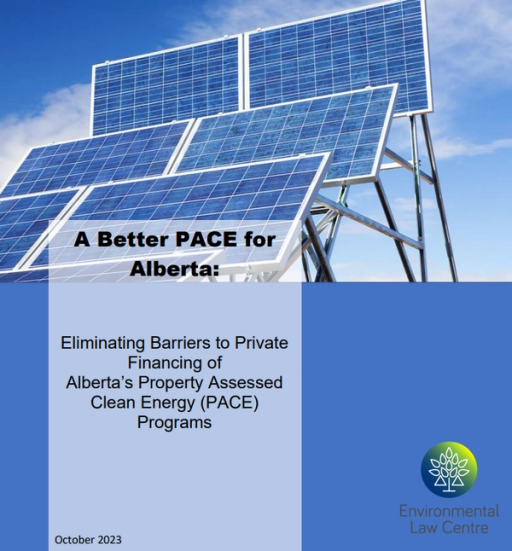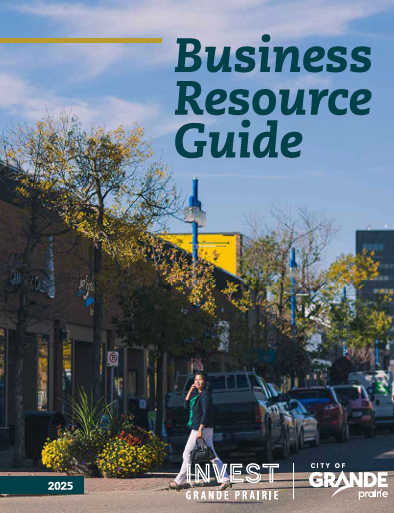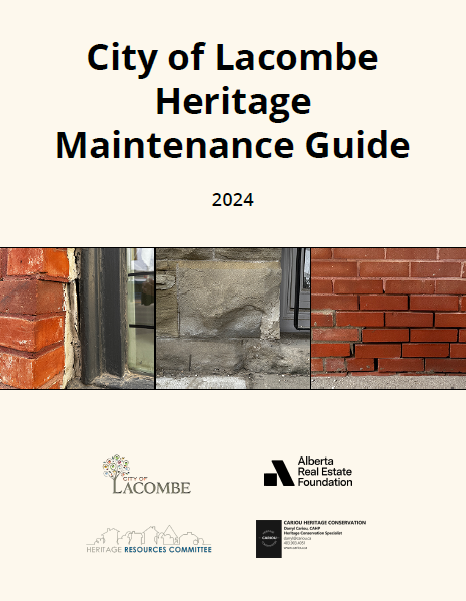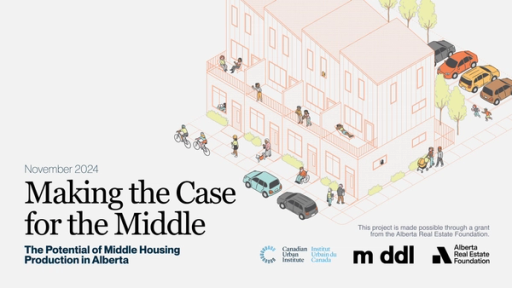Legal characterization of PACE (Property Assessed Clean Energy) in Alberta: A legal review and its implications
By Environmental Law Centre

This report, published by the Environmental Law Centre and supported by the Alberta Real Estate Foundation, explores how Alberta can improve its Property Assessed Clean Energy (PACE) programs—also known as Clean Energy Improvement Programs (CEIP).
Currently, PACE programs in Alberta are limited by a structure that ties financing directly to municipalities and labels PACE charges as "taxes." This has created legal and administrative barriers that prevent access to private capital and limit scalability.
The report recommends:
- Clarifying that PACE charges are not taxes, but loan repayments collected via property tax rolls.
- Amending legislation to enable a province-wide approach instead of piecemeal municipal programs.
- Expanding the role of a third-party program administrator—ideally a non-governmental organization—to manage financing and administration.
- Opening access to both public and private financing, allowing more property owners to invest in clean energy retrofits and resilience.
PACE programs are a powerful tool for reducing emissions, lowering energy costs, and achieving climate goals. With these legal reforms, Alberta can unlock the full potential of PACE and deliver more impact across the province.
Published
2023
Topic
Contributor

Environmental Law Centre
The mission of the Environmental Law Centre is to advocate for laws that will sustain ecosystems and ensure a healthy environment and to engage citizens in the law’s creation and enforcement.


